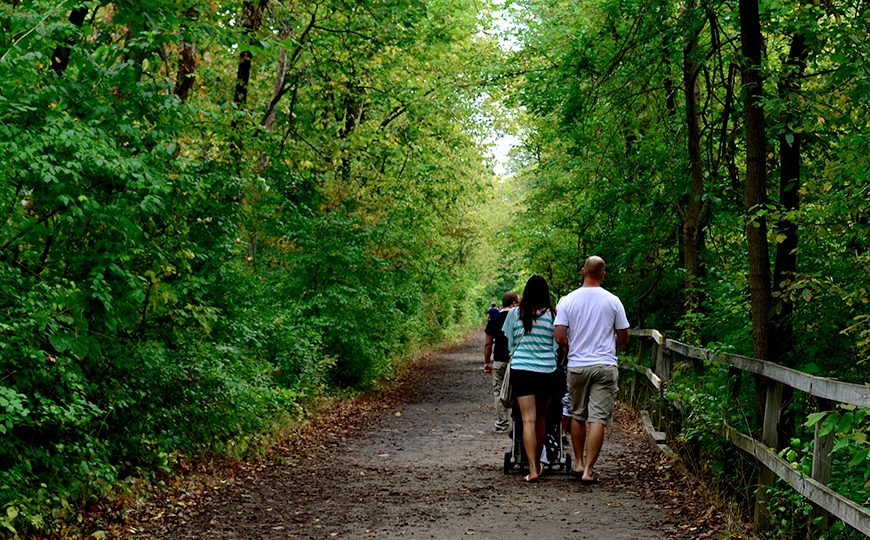Those who grew up in the Great Depression, fought in World War Two, and built the post-war economy are often called the Greatest Generation because of their response to the threats of their day. Today, climate change is widely considered to pose the greatest threat to human wellbeing. Could millennials become an even greater generation by their response to the threat of climate change?
The good news is that millennials are already on their way to doing just that by engaging in the most effective climate change mitigation strategy available: having smaller families. Yes, there are other approaches: By adopting available “eco-friendly” actions, including meticulous recycling, an American couple could curb their lifetime carbon footprint by 486 tons. But by simply by having one fewer child, an American woman would reduce her “carbon legacy” (the summed emissions of herself and her descendants weighted by relatedness) by 9,441 tons.
Millennials are nevertheless being pushed from all corners to have more kids. Dangerous political and religious factions in Washington are limiting access to reproductive health services. Celebrities model and promote large biological families, even when it risks their health. And even our public discourse pushes women to have kids in order to drive economic growth.
Millennials can still become the greatest generation. They just need to ignore the voices that don’t care about climate change and our world’s environment. Instead, they need to continue embracing the smaller family ethic.

